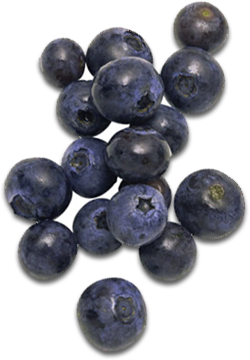no items to display
Coffee, so what’s the buzz?
Dear Ellen, I have heard so much conflicting advice about coffee drinking and I just love my morning mojo! What’s the buzz?
Coffee has a long history of being blamed for many health problems. However, recent research indicates that coffee may not be so bad after all and it seems that that for most people the health benefits outweigh the risks and moderate coffee consumption can be incorporated into a healthy lifestyle!
Antioxidants
Multiple studies have shown that, "nothing else comes close" to providing as many antioxidants as coffee. While fruits and vegetables also have tons of antioxidants, the human body seems to absorb the most from coffee.
Smarter
Coffee and caffeine have been shown to improve reaction time, vigilance, attention, logical reasoning and most of the complex functions one can associate with intelligence or smart efficiency.
Live longer
Recent studies have linked coffee consumption to better health and a lower risk of premature death and overall, coffee drinkers live longer. Even moderate coffee consumption has been linked to better survival odds.
Alzheimer’s disease risk
Multiple studies have shown that people older than 65 who had higher blood levels of caffeine developed Alzheimer's disease two to four years later than others with lower caffeine concluding that moderate coffee consumption can appreciably reduce the risk of Alzheimer's or delay its onset.
Type 2 diabetes risk
Researchers found that people who drink four or more cups of coffee a day reduce their chances of developing Type 2 diabetes by 50%. Subsequently, with every additional cup, the risk lowers by 7%
Skin cancer risk
Women who drink three or more cups of coffee a day are much less likely to develop skin cancer than those who don't.
Improve athletic performance
Scientists and many athletes have known for years that coffee before a workout boosts athletic performance, especially in endurance sports like distance running and cycling. Caffeine increases the number of fatty acids in the bloodstream allowing athletes' muscles to absorb and burn fats for fuel, therefore saving the body's small reserves of carbohydrates for later on in exercise.
How much?
Up to 400 milligrams (mg) of caffeine a day appears to be safe for most healthy adults. That's about the amount of caffeine in four cups of coffee. Although caffeine use may be safe for adults, it is not a good idea for children and adolescents should limit themselves to 100 mg of caffeine a day. Even among adults, heavy caffeine use can cause unpleasant side effects such as insomnia, nervousness, restlessness, irritability, stomach upset, fast heartbeat, muscle tremors or taking certain medications.
Tea
Not a coffee drinker? Tea provides many health benefits, too. Since it has less caffeine, tea hydrates more effectively than coffee, and it is also a rich source of the immunity-boosting antioxidants known as catechins. All tea (black, green, or white) provides antioxidants, but green tea may be healthiest of all. Research suggests that drinking five cups a day can increase your body's metabolism and help you lose more weight around the middle.






